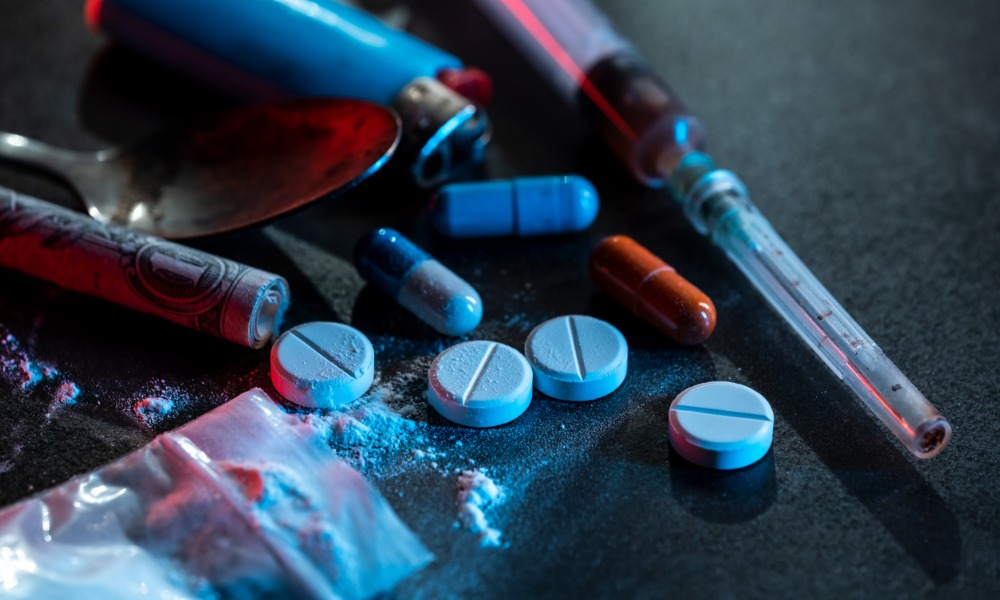RACQ unearths troubling patterns in drug use among young Queensland drivers

RACQ unearths troubling patterns in drug use among young Queensland drivers | Insurance Business Australia
Motor & Fleet
RACQ unearths troubling patterns in drug use among young Queensland drivers
Report delves into drink and drug driving
Motor & Fleet
By
Roxanne Libatique
RACQ’s annual Road Safety Survey has revealed that nearly one in six young motorists confessed to operating a vehicle under the influence of illicit drugs.
The 2023 survey marks the first instance where RACQ has delved into questioning Queensland drivers about their drug use, and the findings underscore the magnitude of the issue.
RACQ head of public policy Dr. Michael Kane expressed deep concern about the results, emphasising the prevalence of drug driving, especially among the youngest and least experienced drivers.
“Considering every fifth fatality (20.5%) on Queensland roads in 2022 involved a drug driver, we need these motorists to wake up to themselves and not put their life, or the lives of others at risk. No driver can say they didn’t know it was illegal to drink or drug drive,” he said.
Drink vs drug driving
Kane said that between 2018 and 2022, 280 people lost their lives in road crashes involving a drink driver, and 267 in crashes involving a drug driver, highlighting the alarming rise in drug driving fatalities, now on par with drink driving.
The survey also brought to light that “drink driving or drugs” ranked as the second most significant motoring concern for 18 to 24-year-olds, underscoring the relevance of the issue among the youth demographic.
While the prevalence of drug driving decreased with age, it remained shockingly high, with 8% of 25 to 34-year-olds and 5% of 35 to 44-year-olds admitting to the dangerous and illegal behaviour.
RACQ expressed support for the state government’s commitment to implementing a package of drug driving reforms as part of its Queensland Road Safety Action Plan 2022-2024. It is advocating for mandatory saliva tests after a crash.
“We believe the Queensland government should investigate the possible introduction of compulsory roadside illicit drug saliva testing following crashes. This would improve data on the issue and increase the chance of drug drivers being caught,” Kane said.
Prescription or non-prescription drugs
Kane emphasised that it is not only driving under the influence of illicit drugs that poses a danger, as 8% of Queenslanders admitted to taking prescription or non-prescription drugs before driving.
“Some prescription and over-the-counter drugs can affect your vision, mood, decision-making skills, muscles, and coordination and therefore impair your ability to drive,” he said. “We urge people to stop driving and speak to their doctor if they notice their medication is impairing their driving and ask their doctor or pharmacist about the possible effects of any new medications.”
RACQ will continue to collaborate with its members and the state government to address the issue of drug driving.
Related Stories
Keep up with the latest news and events
Join our mailing list, it’s free!






